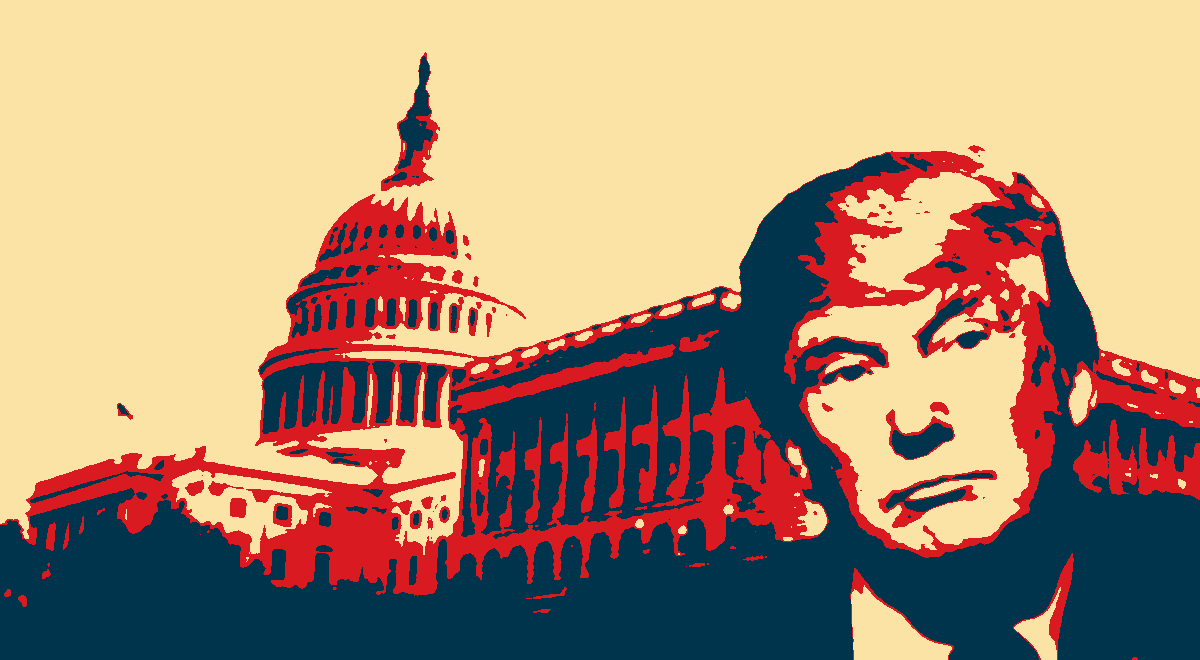
The midterm elections demonstrated three phenomena in the U.S.: The Democrats progressed substantially by regaining the majority in the House of Representatives, some governorships and local offices; the U.S. is and will continue to be a country divided between its rural and urban populations; there were important political successes, a vigorous and never-before-seen political presence of women and minorities. However, it is obvious in the days since the elections that the president is preparing to strengthen his policies. For this, he is counting on a Congress divided by Republican wins in the Senate.
With no time to lose, President Donald Trump will try to move forward with a political base that is clearly consolidated, although decimated. The referendum on his government has a double face: on the one hand, the loss of important political positions, first the House with a Democratic majority, as well as the governorships of Wisconsin, Michigan and Kansas − crucial states that he had won two years ago. On the other hand is the looming consolidation of his social base and the Republicans, both decimated. Trump declared victory for maintaining his majority in the Senate. The division of Congress and a Democratic majority in the House are not minor issues because Congress has the power to set budgets, supervise the president, investigate and try him. A radical change for the next two years of government.
With the majority in the House, the Democrats will be able to review Trump’s immigration policies, such as the separation of parents and children at the southern border. Democrats will be able to investigate conflicts of interest and control government expenses. They can drive a favorable decision for the Deferred Action for Childhood Arrivals program, a situation that holds tens of thousands of young people in immigration limbo, and influence the legal management of policies related to asylum.
The balance of power has changed. Until now, Trump relied on a Congress with a Republican majority in both Houses and on a Supreme Court that had a conservative majority. In other words, he had control of all three branches of government: executive, legislative and judicial. The advance of the Democrats establishes a new disequilibrium, which is not a minor matter. The political polarization is so broad and so deep that it is difficult to imagine agreement among the Republicans and Democrats. There is no possible dialogue between two political visions that are so different and, overall, so confrontational, if there is no political will.
The day after the elections Trump returned to combat. He talked about bipartisan agreements, but then moved from the language of unity to aggression and threats against the Democrats. He fired Attorney General Jeff Sessions, replacing him with someone politically closer, Matthew Whitaker, simultaneously passing over and replacing Rod Rosenstein as supervisor of the Robert Mueller investigation. Rosenstein had been respectful and had defended the independence of the Mueller investigation. Whitaker had made his position known by saying that he thought Mueller was going too far, according to different news sources. The investigation finds itself nearing its last stages. The Democrats have said that they will investigate the unusual dismissal of Sessions, occurring when the investigation seems to be wrapping up.
Two other dominant issues that point toward a hardening of Trump’s policies are related to immigration and the press. Trump stated that immigrants headed to the U.S. can only request asylum at specific points on the border. This contradicts U.S. and international law related to asylum, since it would illegally deny asylum by not taking into account the circumstances under which refugees fled their country. For this reason, the new proclamation would be rejected, according to Omar Jadwat, director of the American Civil Liberties Union.*
Finally, during the press conference last Wednesday, Trump suspended authorization for CNN reporter Jim Acosta to enter the White House after a confrontation with Acosta and other reporters. No U.S. president has done this, not even Richard Nixon during his worst crisis, in spite of the fact that he also hated the press because investigations and leaks from journalists, such as the Pentagon Papers, accelerated the end of the Vietnam War, and were a pillar of the Watergate investigation that resulted in his resignation immediately before being ousted.
The Democrats have an enormous political responsibility: to do an effective, solid and honest job with decision and skill, without shrillness and, furthermore, with increasingly positive results and with citizen support. The next stop on the electoral train is the presidential election in exactly two years.
*Editor’s note: Omar Jadwat is director of the Immigrants’ Rights Project of the ACLU, not the executive director of the ACLU.

Leave a Reply
You must be logged in to post a comment.